
OR
Rs 7 billion spent on ritualistic inspections, monitoring
Published On: August 18, 2017 07:25 AM NPT By: SURENDRA PAUDEL
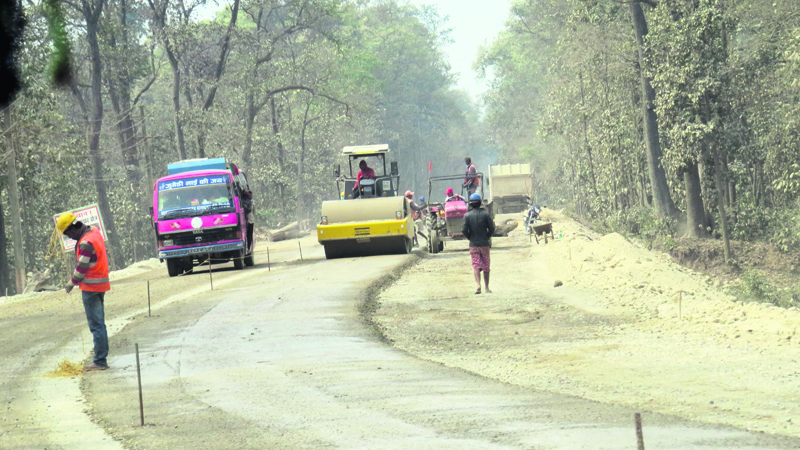
KATHMANDU, Aug 17: Even as billions are spent on the inspection and monitoring of various big and small projects in the country, the results of such monitoring have remained acutely dismal.
The directives issued after such costly inspections and monitoring visits, which are normally undertaken by the prime minister, other ministers, parliamentary committee chairpersons and senior officials of the line ministries, are hardly ever implemented. Worse still, these visits take place as a matter of course after the formation of each new government. A new government on average has a tenure of barely nine months.
According to data availed from the Ministry of Finance, a total of Rs 7.11 billion was spent in the name of such ritualistic monitoring and inspections in the last five year.
“Such inspections are superficial in themselves and the directions issued afterwards are not mandatory either,” said Janak Raj Joshi, former secretary and a member of the parliamentary Good Governance Committee . “Any projects failing to achieve the targeted progress should be punished. But in our country they get rewarded instead. How then can projects get completed in time?” said Joshi.
The expansion of the Narayaanghat-Mugling road should have been completed in April. But it is only 52 percent complete 27 months after the start of the work. The completion deadline has now been extended to next April, and it is almost certain that it won’t be completed by then either if the rate of progress remains the same.
Prime Minister Sher Bahadur Deuba and a team led by Chairman of the parliamentary Development Committee Rabindra Adhikari monitored the road at different times this year and directed that the work get completed by the given deadline.
Same is the story of the Melamchi Drinking Water Project. The government every year assures the residents of Kathmandu Valley of Melamchi drinking water supply by the Dashain festival and then postpones the date again.
“Government officials responsible should be held accountable if a project monitored by the prime minister, ministers or heads of parliamentary committees are found lagging behind target. But we don’t have any such practice here and the government instead increases the project budget for the next year,” said the lawmaker and former bureaucrat.
Many monitoring and inspection reports pile up in government offices never to be dusted off again. “If a project is donor-funded they are asked to foot the helicopter bill for carrying out the inspection,” Joshi further said.
Government officials are provided allowances while going out for project monitoring. As a result, many inspection visits are conducted only for the sake of the allowances.
Despite the huge expenses for monitoring and inspections, the result are dismal so far.
The latest report of the Development Committee states that progress at the projects is not satisfactory even though this should have been 100 percent, given the high-level monitoring and directions.
The government has allocated Rs 3.15 billion for inspection purposes for ongoing fiscal year 2017-18, which also includes Rs 440 million in foreign aid.
According to Finance Ministry figures, more than a billion was spent from fiscal year 2012-13 to 2015-16 for project monitoring. The government spent Rs 2.05 billion in fiscal year 2016-17.
Various mechanisms have been formed for the monitoring and evaluation of projects. A committee headed by the prime minister holds a meeting every quarter in the fiscal year and another committee headed by a minister meets every two months. Besides the high-level monitoring, there used to be internal inspections and monitoring mechanisms within the concerned government offices as well. “But one never hears of their recommendations and directions,” said lawmaker Joshi. “Sometimes two or more parliamentary committees issue contradictory and confusing directions over the same project.”
You May Like This
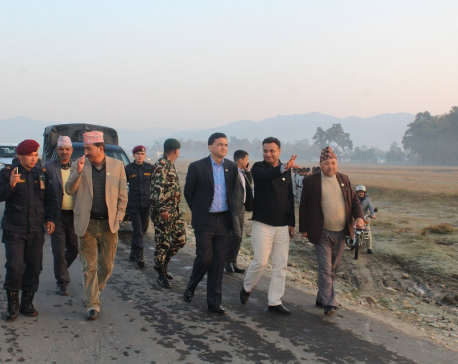
Minister Bhattarai speaks about government policy of reopening closed airports
BHIMDUTTANAGAR, Feb 8: Minister for Culture, Tourism and Civil Aviation Yogesh Kumar Bhattarai has said the government is working on... Read More...

IRD investigating 21 firms found suspicious during market monitoring
KATHMANDU, Oct 17: A total of 21 firms are under scanner of Inland Revenue Department under doubtful financial accounts and transactions,... Read More...


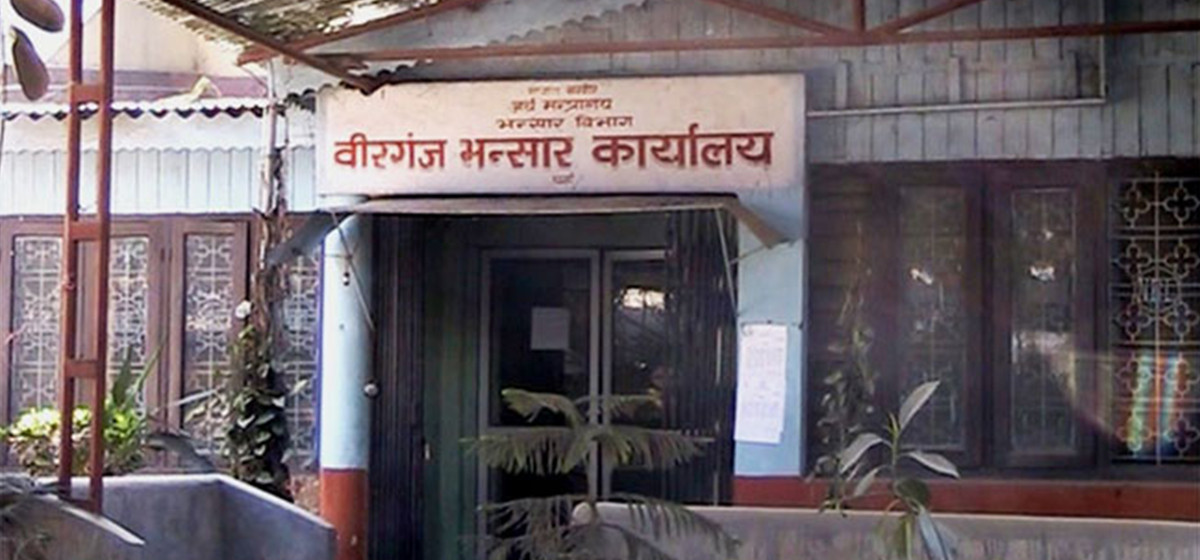
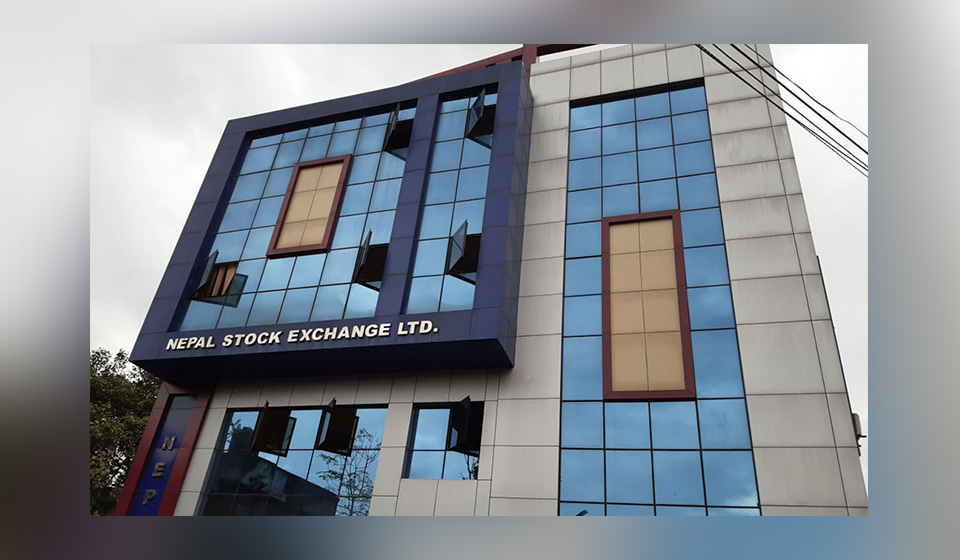

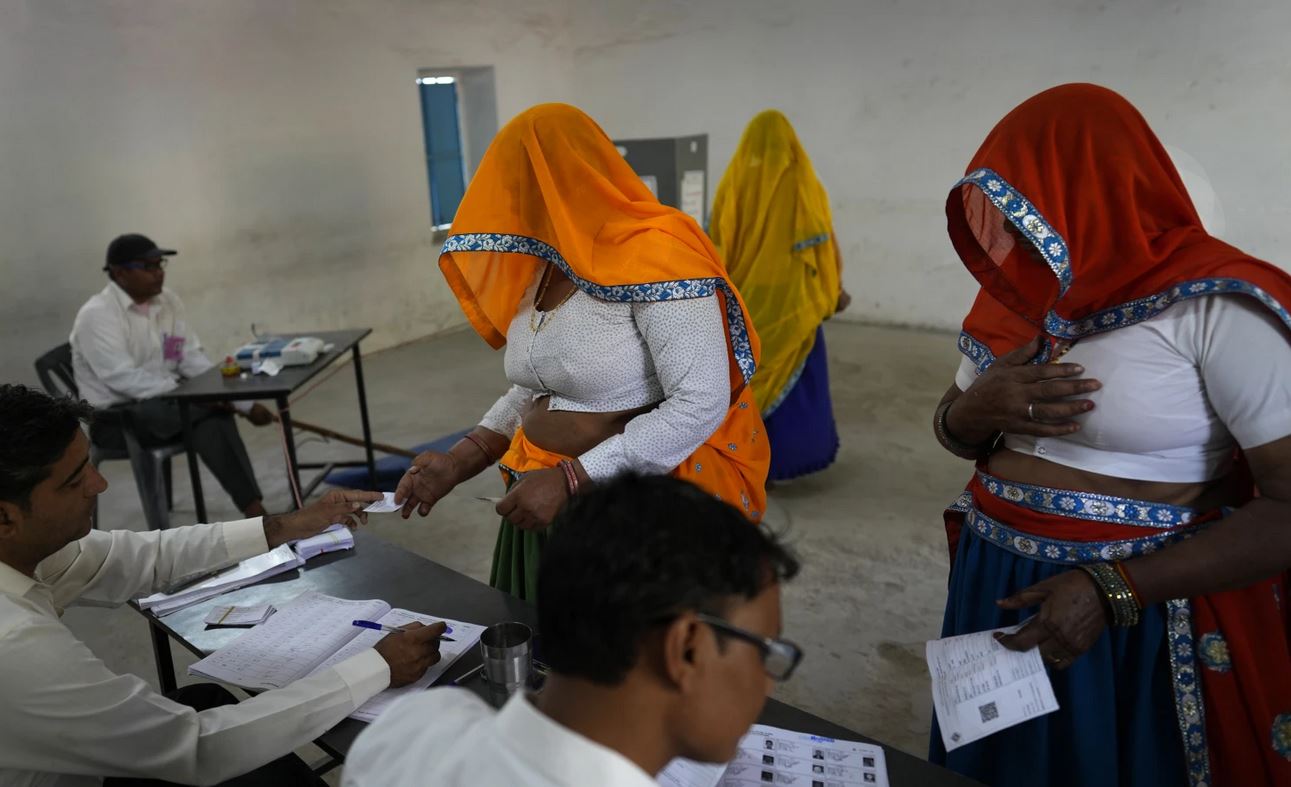

Just In
- Birgunj Customs Office falls short of revenue target by Rs 67.82 billion amid global economic recession
- Construction of embankments along seven streams begins in Kailali
- 265 cottage and small industries shut down in Banke
- NEPSE lost 53.16 points, while investors lost Rs 85 billion from shares trading last week
- Rainbow tourism int'l conference kicks off
- Over 200,000 devotees throng Maha Kumbha Mela at Barahakshetra
- Indians vote in the first phase of the world’s largest election as Modi seeks a third term
- Kushal Dixit selected for London Marathon









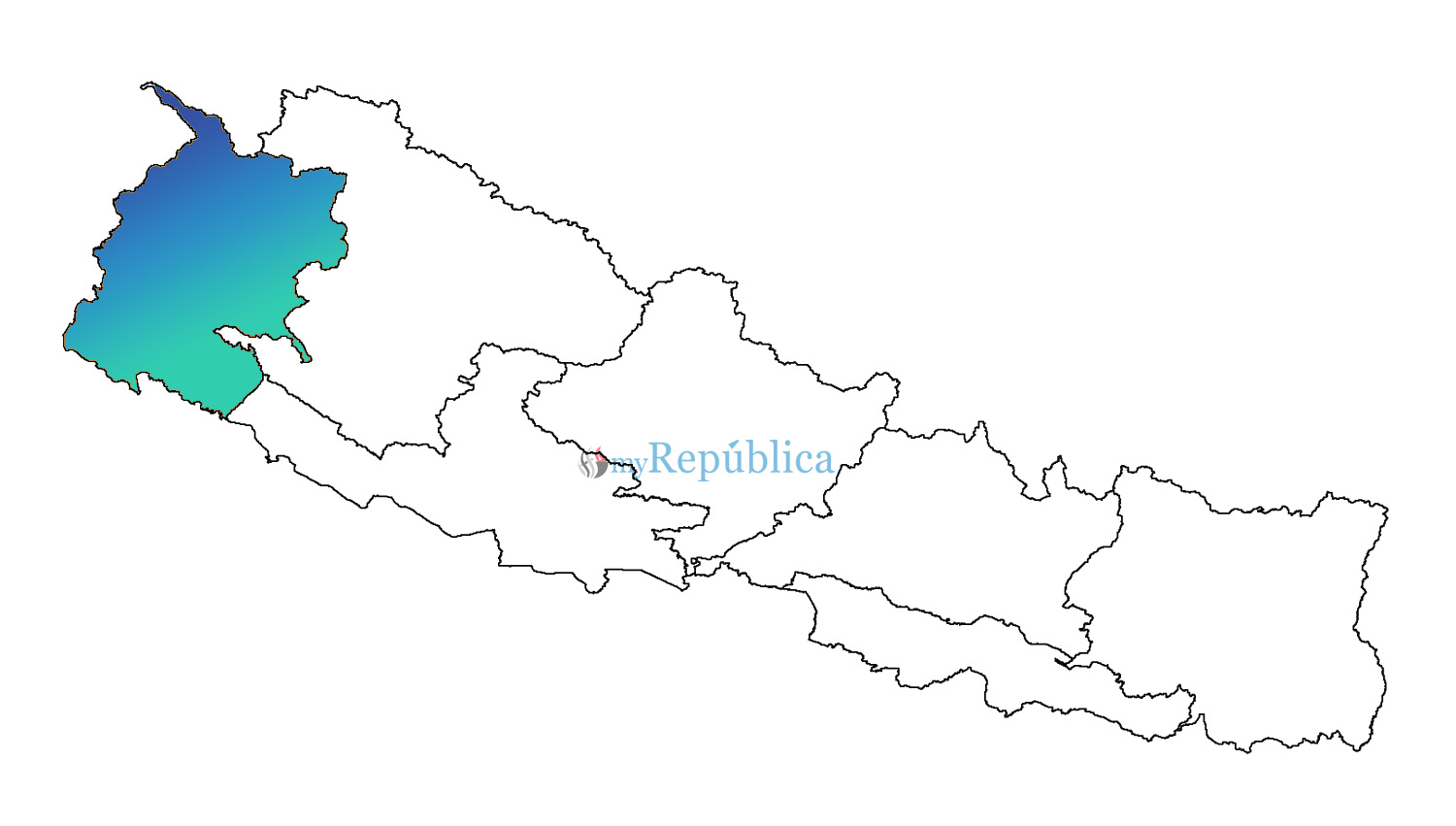
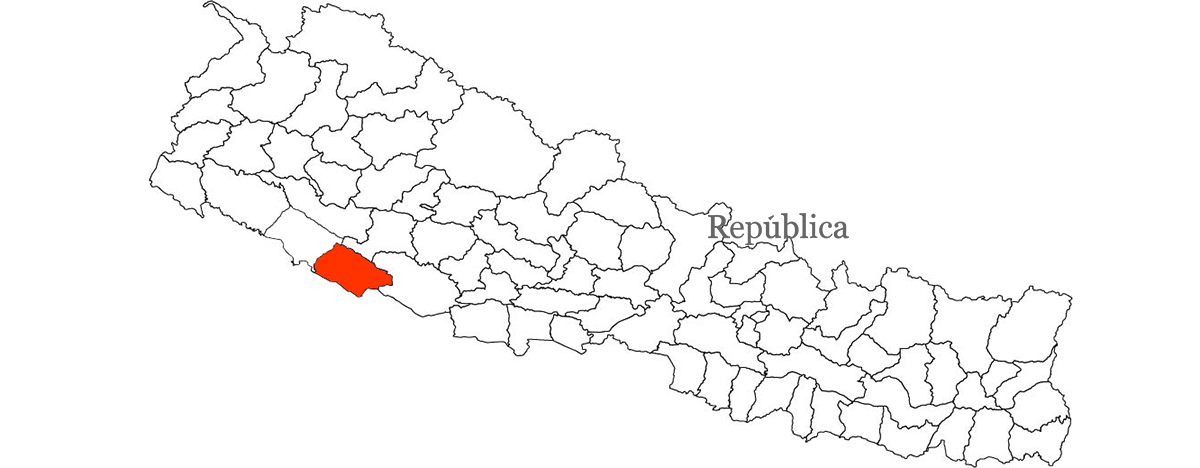
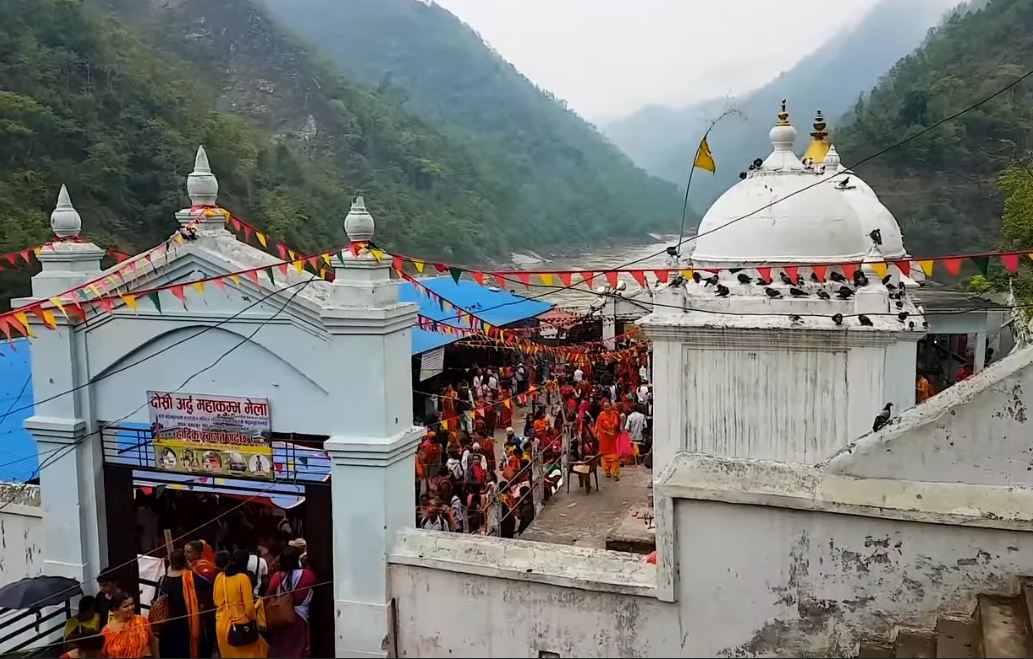
Leave A Comment